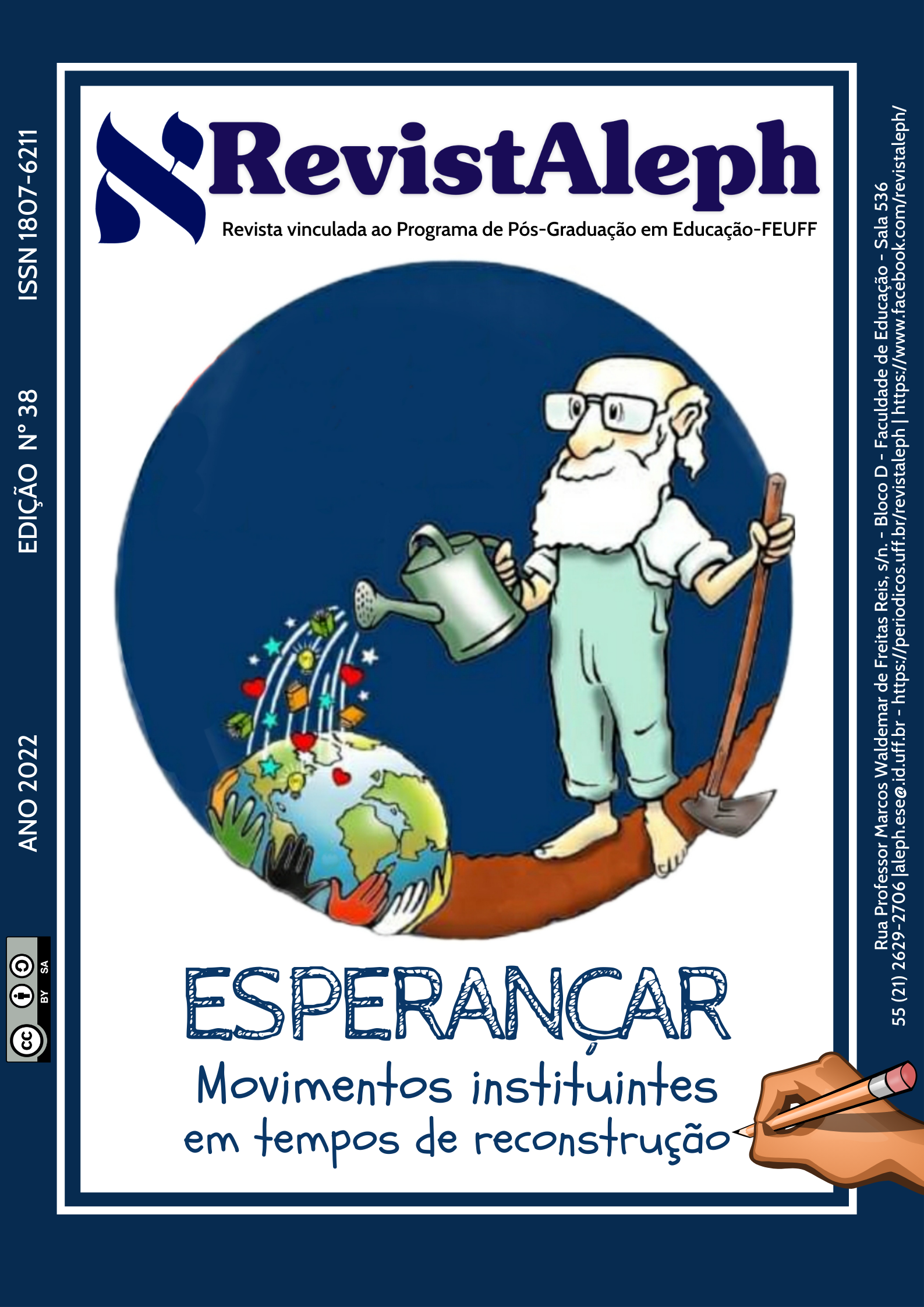Specification and a model for the study of the perception of knowledge
DOI :
https://doi.org/10.22409/revistaleph.v1i38.47492Résumé
Six explanatory trajectories of knowledge management of organizations that tend to balance opportunities and capacities through motivational leadership processes are specified. A non-experimental and documentary study was carried out with a selection of sources indexed to international repositories such as Dialnet, Latindex, Publindex, Redalyc and Scielo, as well as registered in ISSN-DOI in the period 2012 to 2018. From the theoretical, conceptual and empirical frameworks, the model of dependence relations between determinant variables -norms, values, beliefs, perceptions- was specified with respect to knowledge management. By the model explains the balance between the relations of power and influence between the leader and the followers, mediating variables of motivational order - attitude, intention, ability and knowledge - were included. In relation to the proposals of the state of knowledge and the literature reviewed, the relevance of the model compared with other more diverse and general proposals is discussed.
Téléchargements
Téléchargements
Publiée
Numéro
Rubrique
Licence
(c) Copyright Cruz García Lirios 2021

Ce travail est disponible sous la licence Creative Commons Attribution 4.0 International .
Autores mantém os direitos autorais e concedem à revista o direito de primeira publicação, com o trabalho simultaneamente licenciado sob Attribution-ShareAlike 4.0 International que permite o compartilhamento do trabalho com reconhecimento da autoria e publicação inicial nesta revista.
Autores têm autorização para assumir contratos adicionais separadamente, para distribuição não-exclusiva da versão do trabalho publicada nesta revista (ex.: publicar em repositório institucional ou como capítulo de livro), com reconhecimento de autoria e publicação inicial nesta revista.
Autores têm permissão e são estimulados a publicar e distribuir seu trabalho online (ex.: em repositórios institucionais ou na sua página pessoal) a qualquer ponto antes ou durante o processo editorial, já que isso pode gerar alterações produtivas, bem como aumentar o impacto e a citação do trabalho publicado (Veja O Efeito do Acesso Livre).











